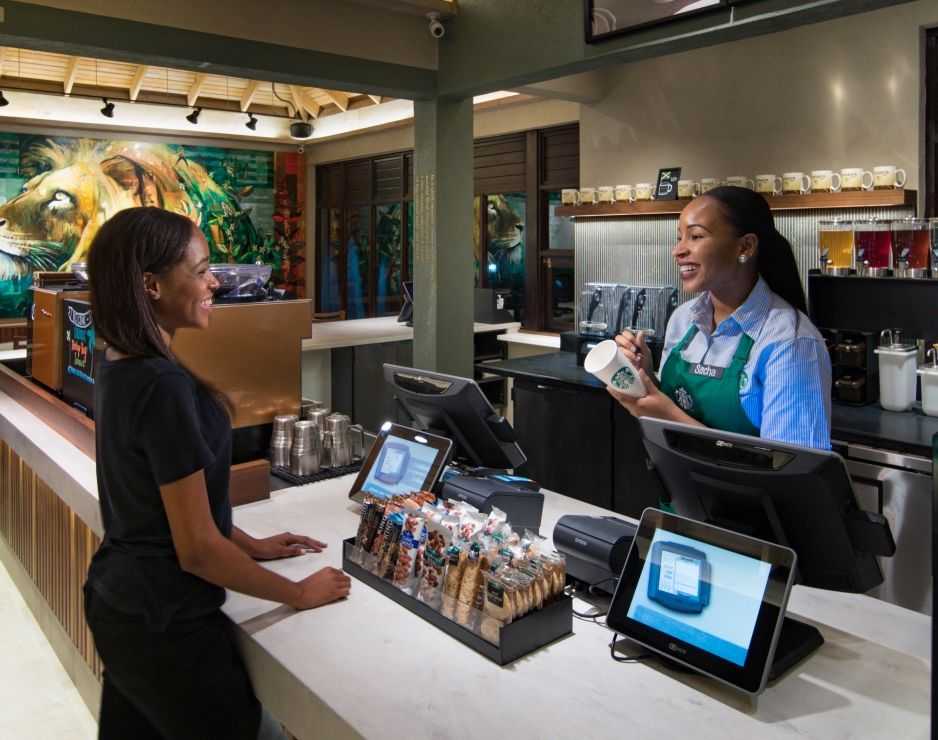MILAN – Starbucks plans to introduce in its stores in Jamaica locally grown high mountain coffee, a less pricey variety coming from a region outside the famous Blue Mountains. The announcement has raised mixed reactions from the local coffee industry, as reported by The Gleaner.
According to the daily newspaper based in Kingston, experts say this move will nudge coffee exports and raise the profile of high mountain coffee, but is unlikely to increase bean sales in any significant way.
Starbucks roasts beans at its centralised locations, with most being processed in Seattle. It will import the high mountain beans sourced from local suppliers, process them and then re-export the roasted coffee to Jamaica.
“It will widen the net,” said Ian Dear, a director of Caribbean Coffee Traders Limited, CCTL, which holds the exclusive rights to own and operate Starbucks stores in Jamaica and select Caribbean countries.
“High mountain focuses on opening up a new category of coffee for consumption,” he said.
The high mountain product is yet to be formally released for sale. Dear said that Starbucks International, in conjunction with the local franchise, was testing, cupping and finalising packaging to meet sustainability and global standards.
Jamaica’s coffee market has been underperforming both in export earnings and volume production in recent years. The latest industry data published in the Economic and Social Survey for 2018 reported volume production for non-Blue Mountain coffee at 750 tonnes, down 4.3 per cent from the year before and shy of the five-year high of 849 tonnes.
Total coffee output, inclusive of Blue Mountain cherry, was 7,085 tonnes in 2018, up nearly 14 per cent, but coffee exports fell by around 25 per cent to US$14.9 million – inflows that are less than half the US$30 million-plus that the beans once fetched in foreign markets.
The coffee sector still trails by one-third the annual earnings which hit US$30 million in the late 1990s.
The launch of the high mountain line should increase the quantity of coffee from Jamaica sold in local Starbucks and reduce the heavy reliance on coffees from other origins.
“At least that’s the idea,” said Dear.


















